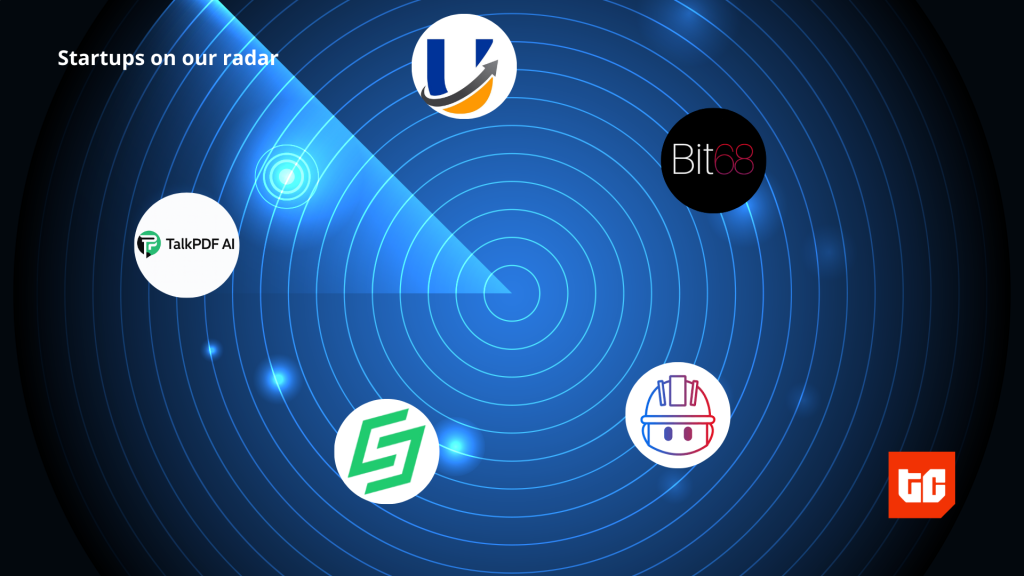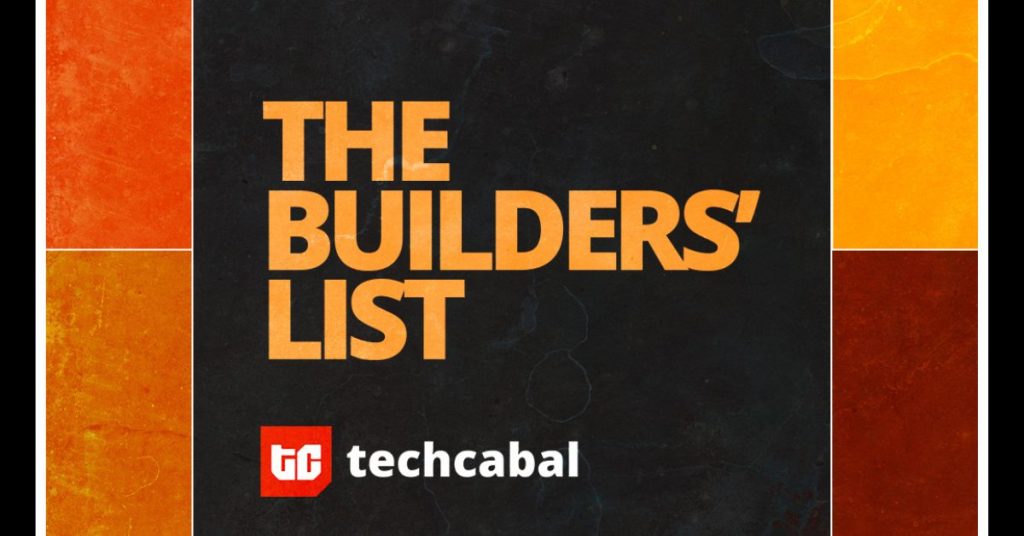
Africa is estimated to have over 45 million operational small and medium-scale enterprises. These businesses power the economy of the continent, contributing about half of the continent’s GDP and providing 90% of jobs on the continent. However, most SMEs in Africa remain undigitised, operating with crude business processes that pave the way for early deaths. For context, 5 out of 7 SMEs fail within their first year of operation.
Fiber, a Nigerian-based solution to digitising SME operations was conceptualised to solve this problem by providing SMEs with a suite of solutions that will help them optimise their business processes. With a vision to be the operating system for SMEs in Africa, the company is plugging itself into the African SME ecosystem and rolling out solutions to meet specific pain points of its target market—starting with an inventory and sales management solution.
Fiber’s go-to-market product, an app that allows SMEs to record inventory and sales, was launched on the back of extensive market research which revealed a gap in how SMEs operate: without data, leading to lower margins from understocking or wastage from overstocking. With Fiber, merchants can digitally record their stock and automatically alert suppliers when the need arises.
Fiber’s CEO and founder, Peter Obiechina, wasn’t initially looking to solve problems for SMEs. A long-time software engineer and real estate pundit, Peter was proselytising a real-estate opportunity to an uncle who interjected with a remark, ”If only you can provide solutions to an issue my businesses are facing.…” The issue turned out to be the need for an inventory solution that provided his uncle with remote oversight of the business while he was away from any of his small businesses. “I just want my staff to record what’s happening in the shop in real-time, and I can see that from anywhere I am. It would help me make better decisions,” his uncle explained, planting in Peter’s mind what would later become Fiber, an ambition to digitise operations for African SMEs.
According to a PwC report, a poorly managed inventory system is one major reason for the failure of small businesses in Africa. The report revealed that 46% of small businesses with 11 – 499 employees do not have any structured system to track their goods, while 89% of these startups feel like existing digital solutions are either too expensive or complex to operate. However, if Fiber were to have its way, all SMEs in Africa would operate with its low-cost digital solution, designed for optimal user experience—even for users with low digital exposure
Obiechina believes that Fiber is here to disrupt Africa’s SME-servicing ecosystem. Speaking for comments on this piece, he said, “Fiber is here to change the game for SMEs. Our inventory and sales management solution is one of the best products you can find on the continent today. Yet, for us, it’s just an MVP. We have a broader vision to solve the hard problems that SMEs face by providing them with specialised software to optimise operations, followed by a massive rollout of inventory financing solutions for these SMEs. We are excited about the future and hopeful about the continued growth of the company while keeping an eye out for impactful collaborators and investors that would join us to birth this reality.”
Fiber differentiates itself from local competitors like Pastel and Kippa with its additional features and hyper-local approach to product building. The product has two modes—basic and advanced—which determine the user experience and enable easy onboarding for non-technical users (many of whom find the basic feature as a portal to true self-management for their businesses). Fiber also records and manages the inventory quantity, works offline, enables the addition of multiple staff, allows for printing through Bluetooth, scans the barcode of products, and sends out timely notifications such as a product’s imminent expiry date.
While Pastel and Kippa have combinedly raised almost $20 million, Fiber remains bootstrapped by its founding team, exhibiting high capital efficiency and clear market traction—close to 20,000 app downloads and 3,000 monthly active users. Characteristic of operating in the African market, the company employs a permanent freemium model for single users, while it charges SMEs with multiple staff ₦50,000 ($108.6) for a year’s access to the cloud-based product.
Fiber is presently available both as a web application and in major digital app stores where it continues to amass usage. But for the pragmatic Obiechina, vanity metrics don’t mean a thing. The goal is to establish Fiber as a market leader in the African SME picture. “We are building something to change the SME narrative and grow the economy. It’s a marathon, but we’ve got what it takes,” he says.










